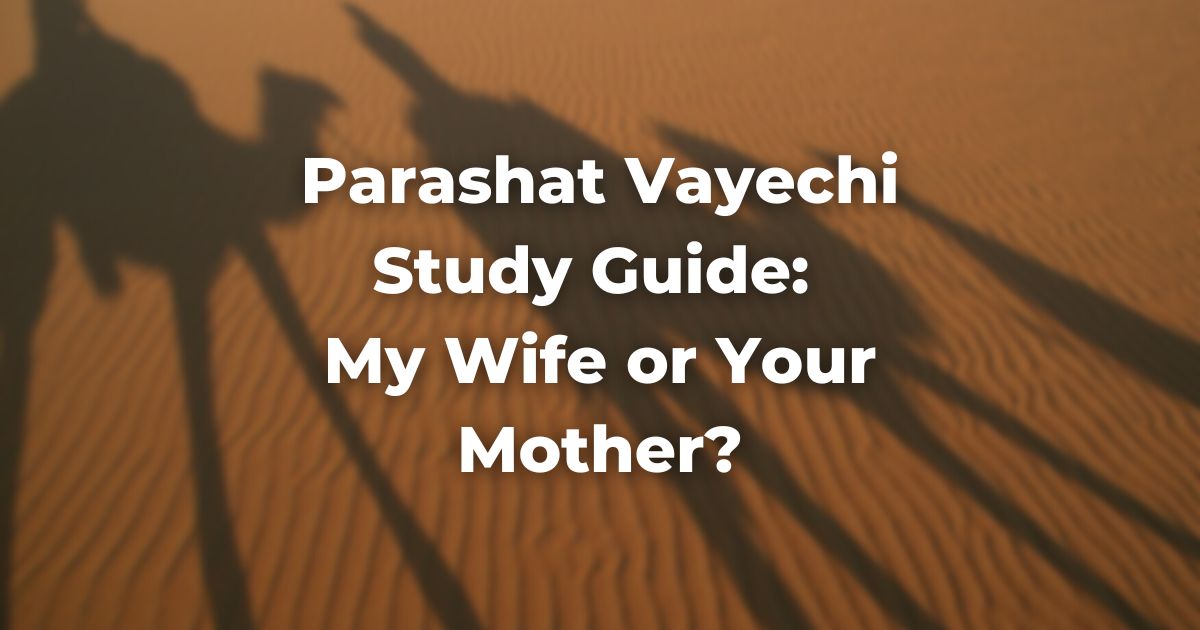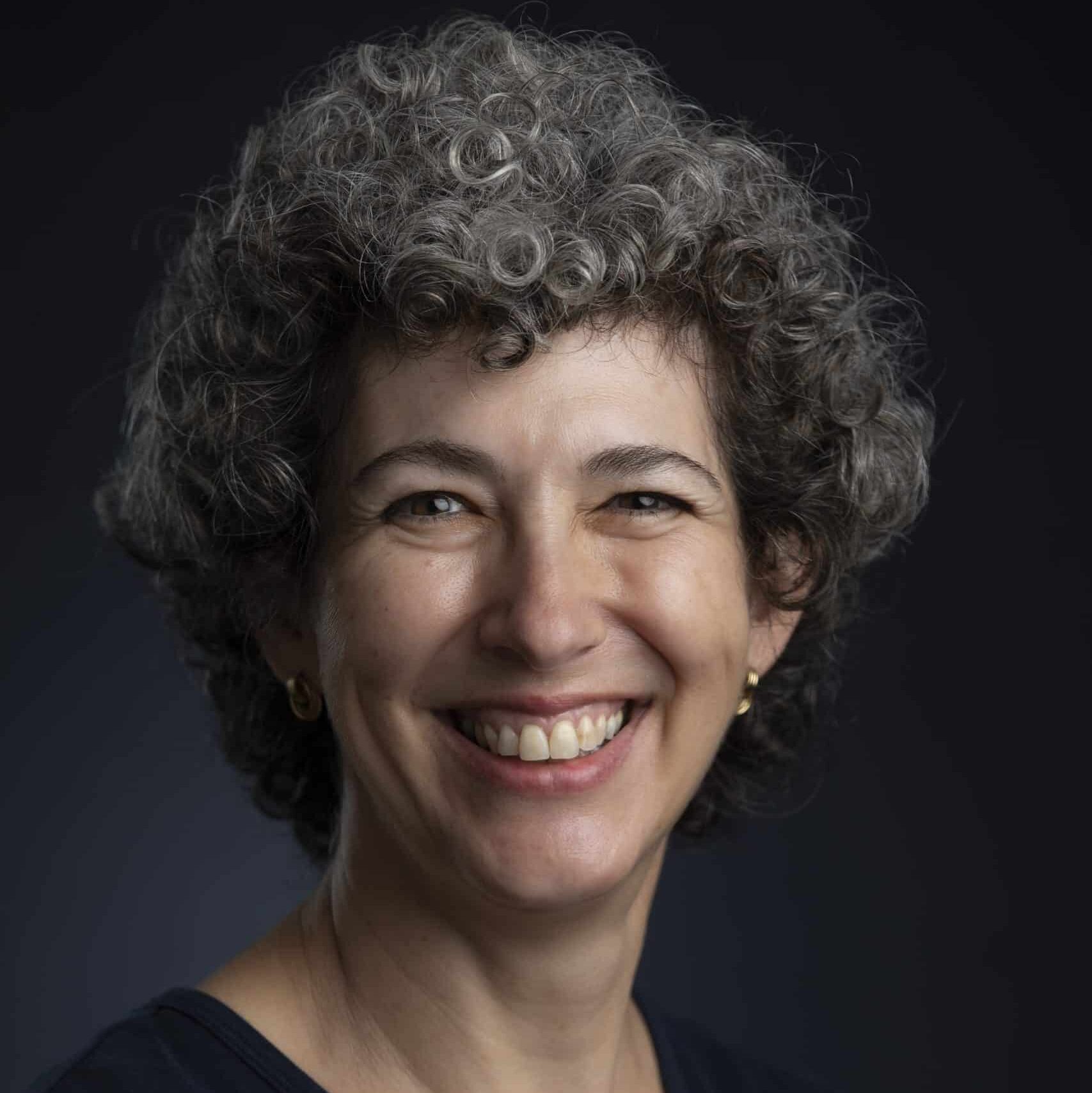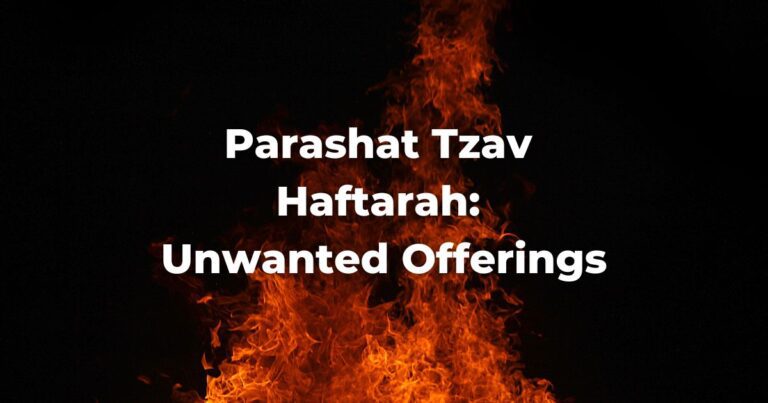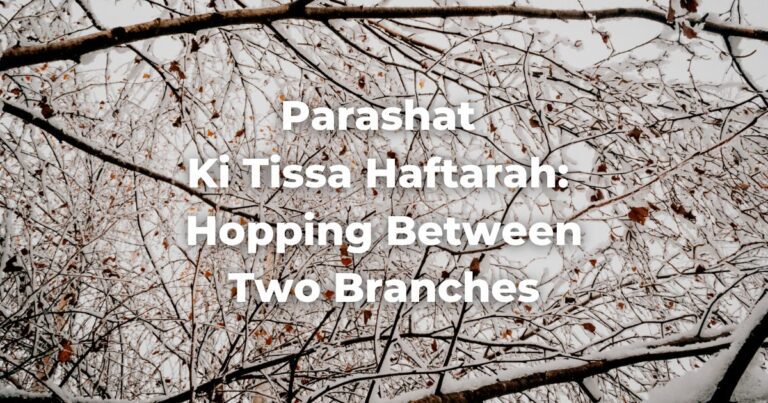Background: In this week’s parashah, Jacob is concerned about his upcoming death, asking Joseph to swear to bury him not in Egypt but rather lay him to rest with his ancestors.
Text: Bereshit 48:5-7
5 And now your two sons… Ephraim and Manasseh, as Reuben and Simeon they shall be mine… 7 And as for me, when I came from Paddan, Rachel died unto me in the land of Canaan on the way, when there was still some way to come to Ephrat; and I buried her there on the way to Ephrat—which is Beth-lehem.’
- Based on Jacob’s description, who was affected by Rachel’s death? How might we have expected him to tell the story of the death of Rachel, considering that he is speaking to Joseph, her eldest son?
- Why do you think that Jacob speaks of Rachel’s death and burial at this point? How might this topic have been handled in the family previously?
- Why might Jacob stress that Rachel died in the land of Canaan?
- While Jacob mentions the suddenness of Rachel’s death and her unique burial, he does not mention the cause of her death (she died giving birth to Benjamin). Why?
Commentary: Sforno on Bereshit 48:7
Rachel died unto me—as the rabbis say (Sanhedrin 22): a woman dies first and foremost to her husband.
- What in the wording that Jacob uses led the rabbis to their conclusion?
Commentary: Ibn Ezra on Bereshit 48:7
And as for me, when I came from Paddan—Rachel died suddenly and I was not able to transport her to the cave of Machpelah and inter her there, as I did with Leah. Jacob told this to Joseph so that “you would not be angry with me for requesting from you [that you do for me] what I did not do for your mother”.
- According to Ibn Ezra’s understanding, what issue is Jacob addressing here? Why is it necessary to discuss it now?
Commentary: HaKtav VeHaKabalah Genesis 48:7
…He told him that “when Rachel died, I did not bury her elsewhere for she died between the territory of Benjamin and the territory of Ephraim, so I buried her there… in the territory that in the future will be given to her descendants.” And he said “Bethlehem” to tell him that it is called so now, but will be called “Ephrat” in the future because of Ephraim. Simply “Bethlehem” is in the territory of Ephraim, the town in Judah is called Judean Bethlehem.
- How does the reason given by HaKtav VeHaKabalah differ from the idea presented by Ibn Ezra?
- What is the contextual basis for this commentary?
See more: Parashat Vayechi
Originally posted as part of the Conservative Yeshiva at the Fuchsberg Jerusalem Center’s Torah Sparks. Support TorahRefers to the first five books of the Hebrew Bible, the Tanakh, also called the Five Books of Moses, Pentateuch or the Hebrew equivalent, Humash. This is also called the Written Torah. The term may also refer to teachings that expound on Jewish tradition. Read more learning from the Fuchsberg Jerusalem Center/Conservative Yeshiva for leaders and seekers around the world here.
Authors
-

Vered Hollander-Goldfarb teaches Tanach and Medieval Commentators at the Conservative Yeshiva and is a regular contributor to Torah Sparks, FJC’s weekly message on the weekly Torah portion. She received her M.A. in Judaic Studies and Tanach from the Bernard Revel Graduate School of Yeshiva University and studied at Bar-Ilan University and the Jewish Theological Seminary. Before making aliyah, Vered taught at Ramaz School and Stern College in New York.
View all posts -



The Fuchsberg Jerusalem Center (FJC) is a home in the heart of Jerusalem where leaders and seekers can find an authentic place in Jewish tradition to call their own. FJC offers opportunities to study, pray and explore within an egalitarian and inclusive setting, creating multiple pathways for finding personal and communal meaning.
View all posts






